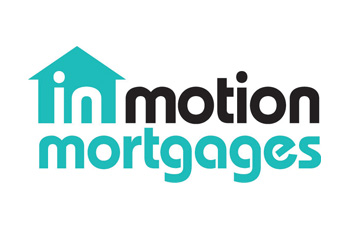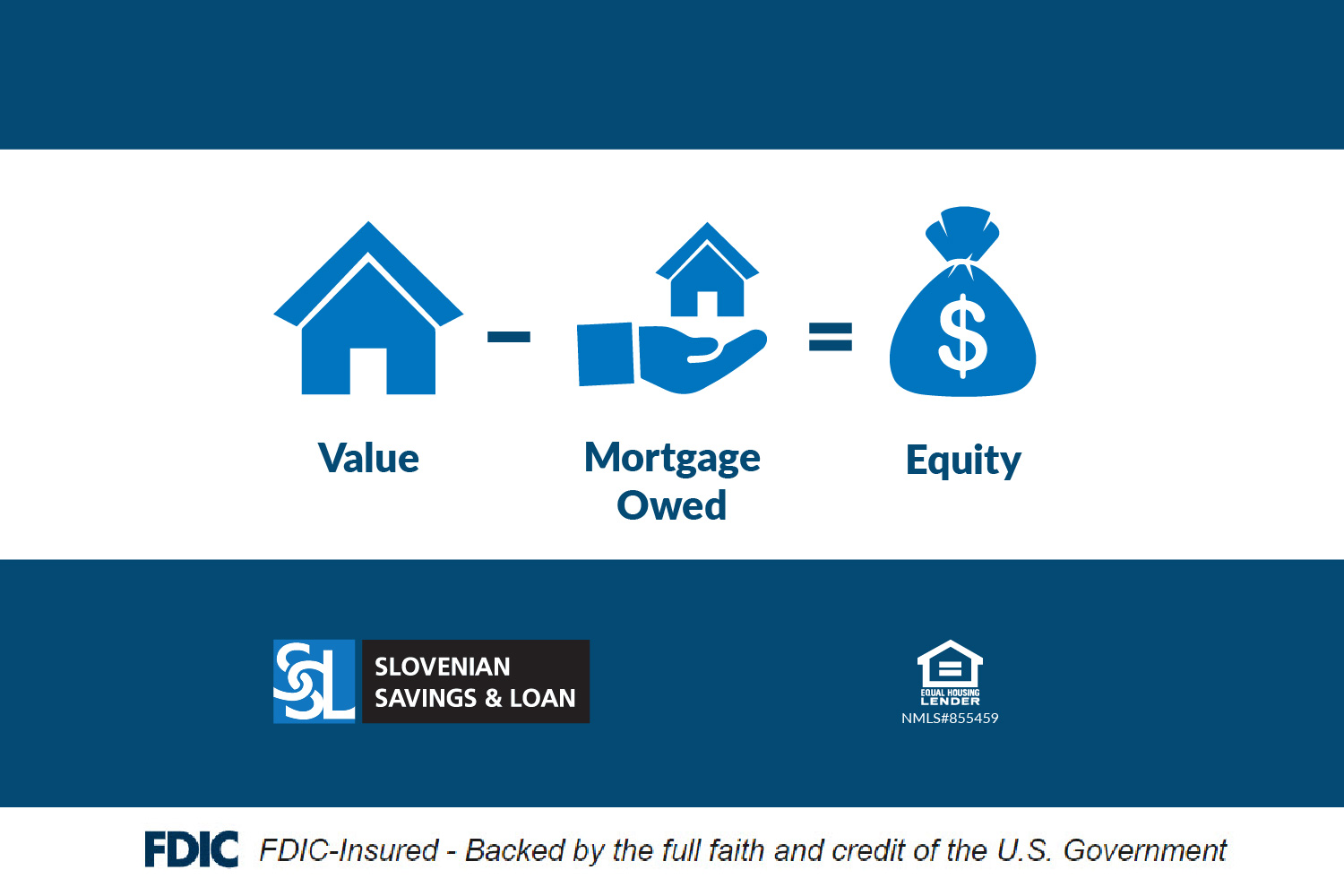Checking Out the Various Sorts Of Equity Release Mortgages Available Today
Equity Release home mortgages existing various choices for property owners aged 55 and over. equity release mortgages. These economic items accommodate various requirements and preferences, allowing individuals to accessibility funds from their building. From life time home loans to shared recognition home loans, each kind uses distinct advantages. Recognizing these alternatives is essential for making notified choices. What elements should one think about when selecting one of the most suitable equity Release plan? The details that adhere to might clarify this vital subject
Comprehending Equity Release Mortgages
Equity Release home loans offer house owners, usually those aged 55 and over, with a means to access the worth locked up in their residential or commercial property without requiring to sell it. This monetary choice permits people to convert a section of their home equity right into cash, which can be used for different objectives, such as home renovations, repaying financial obligations, or financing retirement.Equity Release can take different kinds, but it essentially entails loaning against the worth of the home while preserving ownership. Home owners can choose to get a swelling amount or a collection of smaller sized settlements, depending on their economic demands and preferences.Additionally, the amount readily available for Release is influenced by the home's worth, the home owner's age, and particular lender requirements. Generally, understanding equity Release home loans is important for homeowners to make informed decisions about tapping right into their home's equity while taking into consideration the long-lasting effects.
Lifetime Mortgages
Lifetime home loans represent one of the most popular kinds of equity Release. This monetary product allows house owners, commonly aged 55 or older, to borrow against the value of their home while preserving possession. The financing, which is safeguarded versus the home, builds up rate of interest with time however does not call for regular monthly repayments. Rather, the financing and built up rate of interest are paid back when the property owner dies or relocates into long-term care.Lifetime home mortgages supply flexibility, as debtors can select to obtain a round figure or select a drawdown center, accessing funds as required. Notably, many strategies come with a no-negative-equity warranty, ensuring that customers will certainly never owe greater than the worth of their home. This feature provides satisfaction, allowing people to enjoy their retirement without the worry of diminishing their estate. On the whole, lifetime home mortgages act as a viable option for those seeking financial backing in later life.
Home Reversion Plans

Drawdown Life Time Mortgages
While numerous homeowners look for means to access their riches, drawdown lifetime home mortgages provide a flexible option that enables people to Release funds progressively. This kind of equity Release mortgage enables home owners to borrow against the worth of their residential or commercial property while preserving possession. Unlike traditional lifetime mortgages, drawdown plans allow customers to access a section of their equity upfront and take out added funds as needed, up to a fixed limit.This attribute can be specifically useful for those that wish to manage their financial resources carefully, as it lessens interest buildup by only charging rate of interest on the amounts drawn. In addition, drawdown life time home loans commonly include a "no unfavorable equity warranty," making sure that customers will never ever owe even more than their home's value. This option matches senior citizens who want financial safety and adaptability, enabling them to satisfy unforeseen expenditures or maintain their lifestyle without having to sell their residential property.
Improved Life Time Mortgages
Boosted Life time Mortgages offer distinctive advantages for eligible home owners looking for to Release equity from their residential or commercial properties. Understanding the qualification criteria is necessary, as it determines who can benefit from these specialized finances. Nonetheless, it is also important to review the prospective downsides related to enhanced options, making certain a well-rounded perspective on their use.
Eligibility Standards Described
Comprehending the eligibility requirements for Improved Life time Mortgages is necessary for possible applicants looking for to access the equity in their homes. Usually, applicants have to be aged 55 or older, as this age requirement is typical in the equity Release market. Homeowners need to have a building valued at a minimal limit, which can vary by lending institution. Notably, the anchor property has to be their key house and in excellent problem. Lenders typically analyze the homeowner's wellness condition, as certain health and wellness problems may improve eligibility and advantages. Additionally, applicants should not have existing significant financial debts secured versus the property. Fulfilling these criteria enables people to explore Improved Lifetime Home loans as a feasible option for accessing funds bound in their homes.
Advantages of Boosted Home Mortgages
After making clear the eligibility standards, it ends up being evident that Enhanced Life time Mortgages offer a number of considerable benefits for house owners looking to utilize their home equity. Mostly, they offer access to a bigger financing quantity contrasted to basic lifetime home mortgages, profiting those with wellness problems or age-related elements that boost their life span risk. This enhanced loaning ability enables property owners to meet various economic needs, such as home renovations or retirement expenditures. In addition, these mortgages commonly feature flexible payment choices, enabling debtors to handle their financial resources better. The no-negative-equity assurance additionally ensures that property owners will never ever owe even more than their residential property's value, providing comfort. Overall, Enhanced Lifetime Home mortgages offer a compelling choice for qualified property owners looking for economic solutions.
Possible Disadvantages Thought About
While Improved Life time Home loans use numerous advantages, possible downsides call for careful consideration. One considerable issue is the influence on inheritance; the equity released decreases the worth of the estate entrusted to beneficiaries. Additionally, these home mortgages can build up considerable rate of interest with time, leading to a significant financial debt that may go beyond the initial financing quantity. There might likewise be limitations on residential property modifications or rental, restricting home owners' adaptability. Enhanced products usually require particular health conditions, indicating not all home owners will certainly qualify. Lastly, handling the charges and charges related to these mortgages can be complex, potentially leading to unforeseen costs. As a result, people need to thoroughly assess their circumstance and seek advice from monetary experts before proceeding.
Shared Admiration Home Loans
Shared Gratitude Home mortgages represent an unique financial arrangement that enables home owners to gain access to equity while sharing future property value raises with the loan provider. This strategy uses possible benefits such as minimized monthly payments, however it also comes with disadvantages that have to be very carefully taken into consideration. Understanding the eligibility requirements is crucial for those thinking about this option.
Idea Introduction
Equity Release home mortgages, specifically in the type of shared gratitude home loans, offer house owners a distinct financial solution that allows them to gain access to funds by leveraging the worth of their residential property. In this plan, a lending institution offers a car loan to the house owner, which is typically settled with a share of the residential property's future admiration in worth. This indicates that when the homeowner sells the residential or commercial property or dies, the loan provider gets a percent of the boosted value, instead of just the initial car loan quantity. Shared recognition home loans can be appealing for those wanting to supplement their earnings or financing substantial expenses while preserving ownership of their home. The economic implications of shared appreciation should be meticulously taken into consideration by possible consumers.
Advantages and Downsides
Although common recognition home loans can offer substantial monetary advantages, they also feature noteworthy disadvantages that prospective debtors need to consider. These home loans enable home owners to gain access to equity in their homes while sharing a part of any kind of future admiration with the lending institution. This setup can be useful throughout times of increasing residential property worths, using significant funds without monthly settlements. Nonetheless, the major disadvantage is the prospective loss of equity; property owners might wind up with considerably reduced inheritance for heirs. Furthermore, the complexity of the terms can result in misconceptions relating to repayment obligations read the full info here and the percentage of recognition owed. As a result, it is important for consumers to consider these factors carefully prior to committing to a common admiration home loan.
Qualification Demands
What criteria must home owners meet to get approved for a shared gratitude home mortgage? Mainly, candidates need to go to the very least 55 years old, ensuring they are within the target group for equity Release items. In addition, the home should be their key house and generally valued above a specified minimum threshold, often around ? 100,000. Lenders additionally analyze the homeowner's economic conditions, including revenue and impressive financial debts, to determine they can manage the mortgage responsibly. Notably, the building needs to remain in excellent problem and devoid of substantial legal encumbrances. Homeowners ought to likewise have a clear understanding of the terms, including just how appreciation will certainly be shown to the lender upon sale or transfer of the property, as this influences overall returns.
Choosing the Right Equity Release Option

Frequently Asked Concerns
What Age Do I Need to Be for Equity Release?
The age need for equity Release commonly begins at 55 for a lot of plans. Some companies may use options for those aged 60 and above, mirroring varying terms based on private scenarios and loan provider policies.
Will Equity Release Impact My Inheritance?
Equity Release can influence inheritance, as the quantity obtained plus passion minimizes the estate's worth. Successors might receive much less than expected, depending upon the building's admiration and the complete financial debt at the time of passing.
Can I Move House With Equity Release?
The inquiry of moving residence with equity Release emerges frequently. Normally, people can move their equity Release plan to a brand-new residential or commercial property, yet certain terms and conditions might use, requiring examination with the loan provider for guidance.
Are There Fees Related To Equity Release Mortgages?
Charges related to equity Release mortgages can include setup costs, assessment fees, and lawful costs. Furthermore, there may be early settlement costs, which can affect the general price and economic effects for the customer.
How Does Equity Release Impact My Tax Circumstance?
Equity Release can influence one's tax obligation scenario by potentially boosting taxable income, as released funds are taken into consideration funding. Nonetheless, it generally does not incur prompt tax obligation liabilities, making it important to speak with an economic consultant for personalized advice.
Final thought
In recap, the range of equity Release home loans offered today uses property owners aged 55 and over several paths to access their property's value - equity release mortgages. Whether opting for a lifetime mortgage, home reversion plan, or various other alternatives, each choice presents distinct advantages tailored to private financial requirements. Careful consideration and consultation with a monetary advisor are necessary to guarantee the picked equity Release solution straightens with economic conditions and individual goals, eventually promoting notified decision-making for a secure monetary future. Equity Release mortgages existing numerous choices for property owners aged 55 and over. Equity Release home loans supply property owners, generally those aged 55 and over, with a way to access the worth connected up in their property without needing to sell it. Enhanced Lifetime Mortgages supply distinct advantages for eligible property owners looking for to Release equity from their buildings. Equity Release mortgages, specifically in the form of common gratitude mortgages, provide house owners an unique financial service that permits them to gain access to funds by leveraging the value of page their building. In recap, the variety of equity Release mortgages offered today supplies homeowners aged 55 and over several paths to access their residential property's value